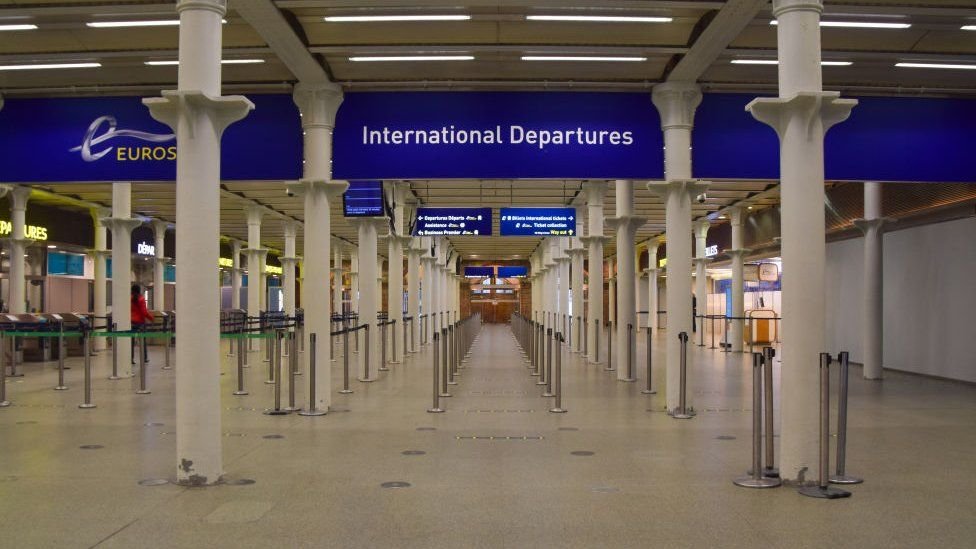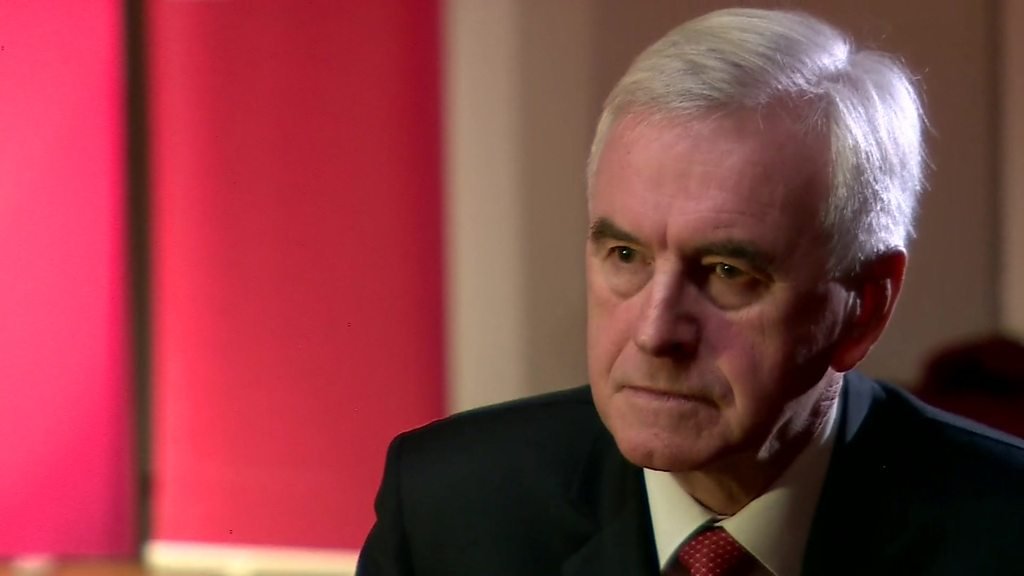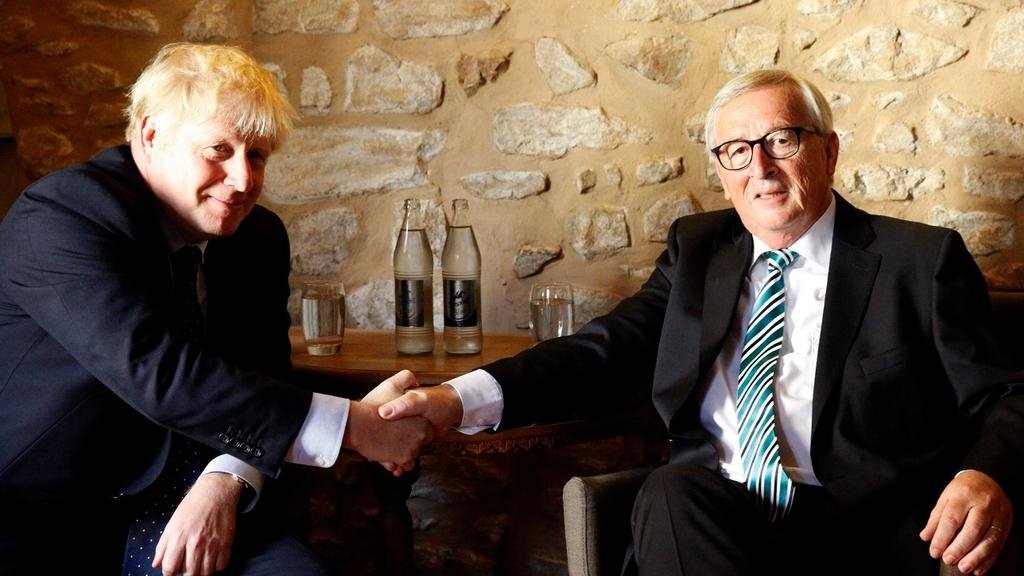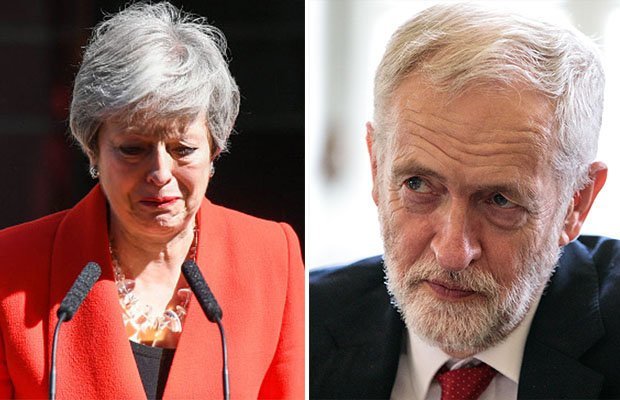Theresa May’s days may be numbered.
Her failure to deliver a majority for the Conservatives in last week’s election has weakened her authority in Westminster and there are already reports that a leadership spill may be on the cards.
She’s made it clear that she intends to stay on as Prime Minister, and is working to form an alliance with Northern Ireland’s Democratic Unionist Party (DUP) to secure the majority she needs to govern.
But if she is ousted, who would be in the running for the Conservative leadership?
Here’s the top contenders:
Boris Johnson — The party faithful’s favourite

Foreign Secretary Boris “BoJo” Johnson has been mooted as a potential rival for the prime minister’s job.
The flamboyant ex-mayor of London is a favourite among the party base, despite his reputation for using undiplomatic language.
He was a favourite to win the Tory leadership last year, but abruptly pulled out of the race when one of his supporters, Michael Gove, launched his own bid.
Overnight Mr Johnson brushed off questions about his leadership ambitions.
“She [Ms May] leads by far the biggest party in Parliament … it’s absolutely right that she should go ahead [and] form a government,” he said.
“I’m going to be backing her and absolutely everyone I’m talking to is going to be backing her as well.”
David Davis — The Brexiteer

Brexit minister David Davis would be an obvious contender for the leadership with Brexit talks on the horizon.
He was appointed Secretary of State for Exiting the European Union last year, and will be responsible for negotiating the future relationship between the UK and European Union (EU).
It’s nothing new for Mr Davis, who served as Europe minister in the Foreign Office between 1994 and 1997.
According to British newspaper reports, he’s been urged by supporters to challenge Ms May for the party leadership.
Amber Rudd — The Home Secretary

Despite narrowly retaining her seat of Hastings and Rye in the election, there are whispers that Amber Rudd is prime minister material.
She was appointed Home Secretary last year — the role Ms May held before becoming Prime Minister — and stood in for the PM in a televised leaders’ debate during the election campaign.
In her short time as Home Secretary she’s not only tackled the unprecedented “ransomware” attack that shut down the country’s health service, but the terrorist attacks that targeted Westminster, Manchester and the London Bridge and Borough Market.
Before politics, she worked as an investment banker in London and New York.
Theresa May — The incumbent leader
It’s possible, of course, that Ms May will keep her position if the party opts to maintain the status quo for the sake of stability.
But pressure is mounting on her to quit.
She’s facing increasing internal criticism and has been dubbed a “dead woman walking”by former Conservative chancellor George Osborne.
But she is not without supporters, and with Brexit talks scheduled to take place soon, she may be able to hold on to her position for a little while longer.
When she was voted leader of the party last year, she was hailed as a pragmatist and called herself a “bloody difficult woman” — qualities that the party then believed would make her the perfect leader to guide Britain through the change.
Jeremy Corbyn — The Opposition Leader
If the Conservatives are unable to form a government, the Brits would have to head back to the polls, and that could play out well for Jeremy Corbyn.
The Labour Party has no obvious way to build a majority coalition after this election (it would take forming an alliance with the Scottish National Party, the Liberal Democrats, and all other minor parties), but Mr Corbyn is optimistic he could still one day be prime minister.
This election was a surprising success for the Labour leader, whose own MPs only recently said they didn’t like or trust him.
He told the BBC that if another election was called, he would be ready.
“It is quite possible there will be an election later this year or early next year and that might be a good thing because we cannot go on with a period of great instability,” he said.
“We have a program, we have support and we are ready to fight another election campaign as soon as may be.”
Haven’t we been here before?
You might have remembered some of those names from the Conservative leadership race run only nine months ago.







